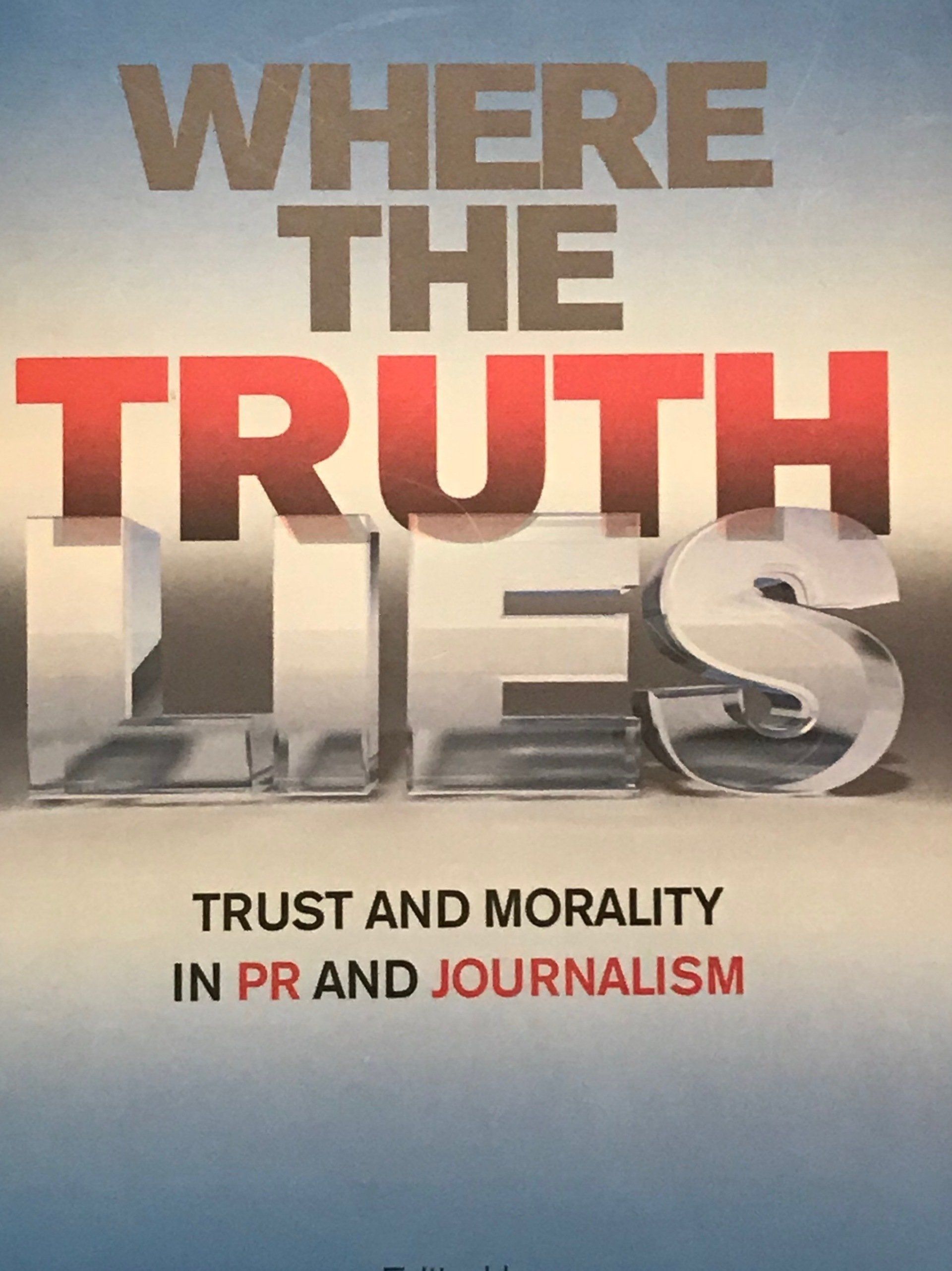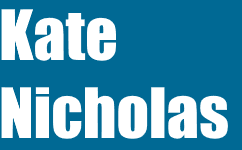Trump, lies and an age old question

Where does the truth lie? This was the question that I was invited to address as part of a group of experts convened by St Alban’s Diocese last week. Ironically the debate took place on the same day that Donald Trump launched his invective against CNN”s Jim Acosta as he persisted in seeking to determine the truth relating to the US President’s relationship with Russia during the elections of 2016.
Undoubtedly the antics of President Trump have given additional momentum to the increasingly public debate about the nature of truth, particularly in the media and social media, but the question is one that is almost as old as time.
‘What is the truth?’ was the question the Roman Governor Pilate asked Jesus as struggled with a decision that would shape the course of human history. And it is the question that has been asked by scientists and philosophers for millennia. However it is a question that has become increasingly complex over the past couple of decades as we have all but abandoned the idea that there is any such thing as an objective truth to be uncovered. In the 21st century, truth has become subjective and, for the majority, all that matters is that they are authentic to their own idea of the truth.
This idea has, in turn, been reinforced by technologies that are designed to ring fence our view of the world. Social media algothirims learn our biases for everything from handbags to political parties and then feed us our own personalized version of the truth.
A decade ago, I was invited to contribute to a book called Where the Truth Lies edited by Julia Hobswbawm. A stellar cast of media and PR luminaries contributed noble essays on role of the Foruth Estate in maintaining critical objectivity, enabling readers and viewers to contextualize and challenge their own assumptions.
Whether journalists still adhere to such noble aims is of course a matter of debate, but the awful reality is that even if they do see themselves as courageous seekers of the truth, in the age of social media such truth may completely bypass the vast majority.
Newspaper circulation and TV news viewing figures continue to nose dive in the UK, and local newspapers, once of the most trusted source of information for most people, are under severe threat. Increasingly people are building their view of the world based upon the selective confirmation bias of social media newsfeeds.
There also doesn’t seem to be any great desire to seek out this objective truth. A recent study by MIT scholars has found that in fact people (as opposed to bots) spread fake news and false claims far faster and further on twitter than genuine news or information. If it is entertaining, what does it matter if it is not true?
These days those clinging to the concept of objective truth are seen as antiquated and authoritarian, but the reality is that conceit that truth can be subjective is a profoundly arrogant one, based on a very inflated view of our human faculties.
The idea that truth is self-determined is both arrogant and dangerous. It means that we live in a world where those who shout loud enough shape our understanding of the truth. And our increasing reliance on the confirmation bias of social media, means we are ill equipped to detect fake news when it is staring us in the face. And as the Nazi Joseph Goebbels once claimed that a lie told once remains a lie, but a lie told a thousand times (or a million times on Twitter or Facebook) eventually becomes our truth.
Kate Nicholas is a Christian author, broadcaster and preacher. Her best-selling memoir Sea Changed and its Companion Guide – Living a Transformed Life are available in Christian book stores and Waterstones throughout the UK and online at www.eden.co.uk and Amazon worldwide. Where the Truth Lies can be found at https://www.amazon.co.uk/Where-Truth-Lies-Julia-Hobsbawm/dp/1848876866
